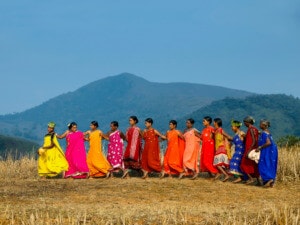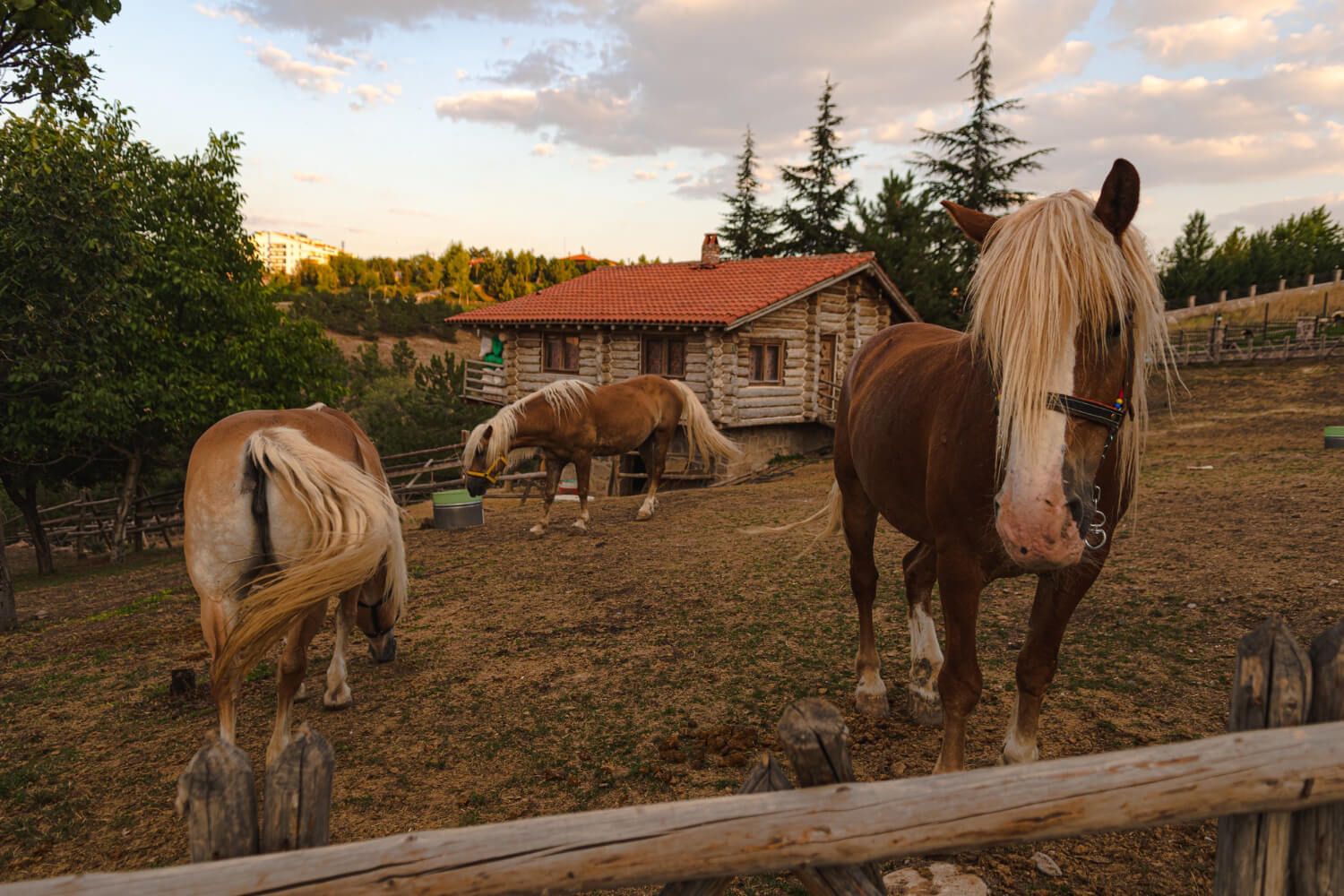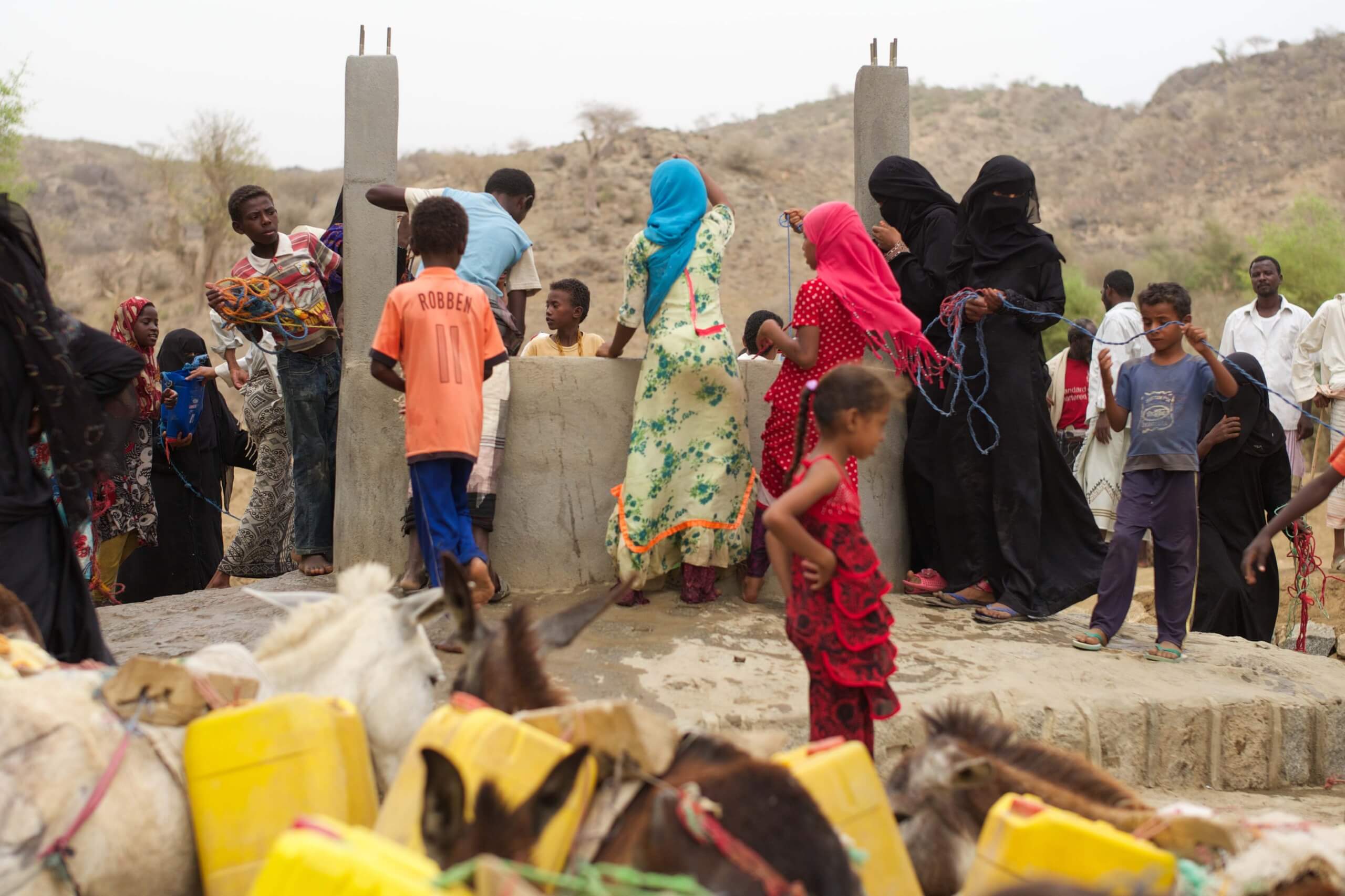Soil degradation, deforestation, environmental destruction – what do these environmental issues have to do with women? Ecological feminism or “Ecofeminism” views gender inequality as the root cause of the current climate crisis. The philosophy draws important connections between the treatment of women, people of color, and marginalized communities on one hand, and the earth on the other.
A world-renowned ecofeminist, Vandana Shiva has been fighting on the behalf of women against industrial agriculture and genetically-modified crops. According to her philosophy, the absence of indigenous knowledge, local communities, and female representation deteriorate our relationship with the earth.
Shiva’s book, “Ecofeminism” views climate change as a feminist issue. Here are 3 key takeaways from the book that helps us unpack the ecofeminist movement:
Women as the custodians of biodiversity
With the rise of monoculture-based agriculture, farming systems yield enormous supplies of dominant crops, such as corn and soybeans. Such agricultural efficiency comes at a price, however. Depleting soil nutrients, monoculture-based agriculture poses significant risks to biodiversity. From the use of pesticides to the susceptibility of disease, planting the same species of crops harms their surrounding ecosystems.
While the Western world capitalizes on homogenous agriculture, it frowns upon its indigenous, biodiverse counterpart. Based on common misconceptions, diversity-based agriculture is unproductive. Shiva argues that this narrative arises from GMO conglomerates that maximize one-dimensional crop outputs for profit.
In indigenous farming settings, “biodiversity is ecologically and culturally embedded.” It not only involves complex systems of forestry, agriculture, and animal husbandry but also female labor.
Indigenous women hold immense knowledge about seed preparation, germination requirements, and soil choice. Hidden at the intersections of crop improvement, plant cultivation, and culinary, their wisdom remains invisible to many. Concentrated in the “spaces between”, women juggle biomass flows of trees, crops, and livestock, mixed with rotational cropping. By this, they achieve ecological balance, which is the key to sustainable agriculture.
The ecofeminist movement reclaims the narrative around women’s involvement in agriculture-related forestry. Overcoming gender bias, it envisions the ‘green revolution’ alongside women’s agency over the biodiversity of plants, seeds, and natural resources.
Biotechnology Aiming Against Developing Nations
The corporate men’s approach to agriculture is vastly different from the women of developing nations’ relationships with our planet. While the former maximizes soil productivity, the latter embraces the seed “as the continuity of life.”
Multinational corporations impose their corporate frameworks on nature and conservation. Seeking to own plants and seeds as private property, they purchase patents of indigenous crops and heritage custody of indigenous women. Labeling this as a “two-way theft”, Vandana Shiva argues that they steal biodiversity from Third World producers.
Seed patents basically imply that corporations treat seed as their ‘creation.’ Patents prevent others from making the patented product, hence patented seed cannot be used for making seed.
To female farmers, biodiversity has always been a matter of spirituality, rather than a mere tool for the biotechnology industry. For this reason, ecofeminism opposes global seed and agribusiness corporations, preserving the legacy of indigenous women farmers.
Violence against fertility is violence against women
As more and more reproductive technologies emerge, even fertility becomes genetically engineered. Medical experts reduce women to a reproductive matter while subjugating motherhood to science.
In the new reproductive technologies, [a woman] is no longer one whole object but a series of objects which can be isolated, examined, recombined, sold, hired, or simply thrown away, like ova which are not used for experimentation or fertilization.
Technology transforms fertility from a creative process into a form of industrial production. This exacerbates women’s fears around pregnancy. Shiva argues that in the modern world, most young women are already scared of having children in the absence of medical surveillance.
Besides, multinational drug industries have used women from developing nations as guinea pigs for their science experiments. Banned in the West, injectable contraceptives (ICs) have been tested on these women. As Vandana Shiva mentions, the long-acting, hormonal contraceptives even serve as a tool for population control in foreign countries. This is a direct attack on female biology and the very essence of motherhood.
A number of Third World countries have been turned into human laboratories for transnational drug industries.
Apart from environmental advocacy, ecofeminism opposes the technological exploitation of female reproduction. The movement deems the scientific control of fertility as invasive and anti-woman.
Editor’s Note: The opinions expressed here by Impakter.com columnists are their own, not those of Impakter.com. In the Featured Photo: Vandana Shiva. Featured Photo Credit: One Earth















